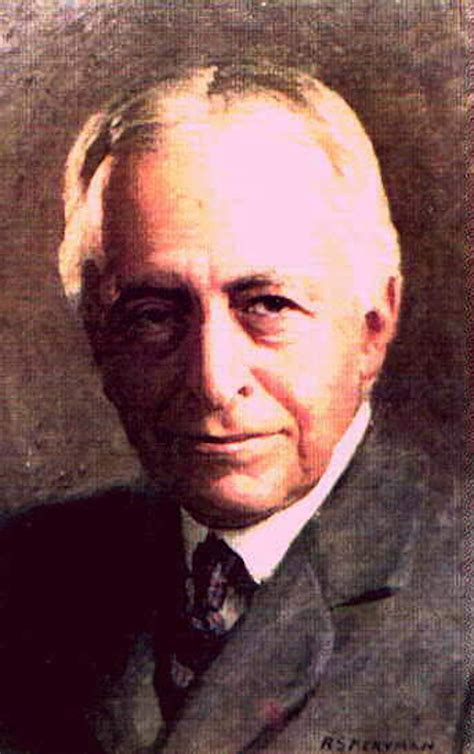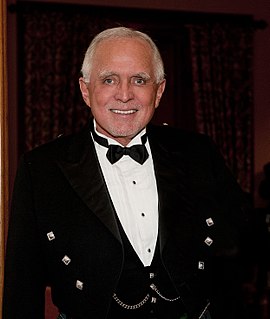A Quote by Gary Yourofsky
Strong leaders are harassed, imprisoned or assassinated, which are great deterrents if you want to silence a firebrand and suppress a revolt.
Quote Topics
Related Quotes
To revolt within society in order to make it a little better, to bring about certain reforms, is like the revolt of prisoners to improve their life within the prison walls; and such revolt is no revolt at all, it is just mutiny. Do you see the difference? Revolt within society is like the mutiny of prisoners who want better food, better treatment within the prison; but revolt born of understanding is an individual breaking away from society, and that is creative revolution.
In Afghanistan, there have been a lot of teachers assassinated, schools are being blown up, girls are harassed and in some cases, attacked on their way to school. Even if the girls are able to get an education, they can dream big, they can think about how they want to become a member of parliament because they are now women members of parliament in Afghanistan, nobody is really sure how long everything is going to last.
Perhaps the most important thing we bring to another person is the silence in us, not the sort of silence that is filled with unspoken criticism or hard withdrawal. The sort of silence that is a place of refuge, of rest, of acceptance of someone as they are. We are all hungry for this other silence. It is hard to find. In its presence we can remember something beyond the moment, a strength on which to build a life. Silence is a place of great power and healing.
Authenticity is about imperfection. And authenticity is a very human quality. To be authentic is to be at peace with your imperfections. The great leaders are not the strongest, they are the ones who are honest about their weaknesses. The great leaders are not the smartest; they are the ones who admit how much they don't know. The great leaders can't do everything; they are the ones who look to others to help them. Great leaders don't see themselves as great; they see themselves as human.
It has become a commonplace that aggressiveness also often has its roots in fear. I am inclined to think that this theory has been pushed too far. [...] The type of aggressiveness that is the outcome of timidity is not, I think, that which inspires great leaders; the great leaders, I should say, have an exceptional self-confidence which is not only on the surface, but penetrates deep into the subconscious.
































